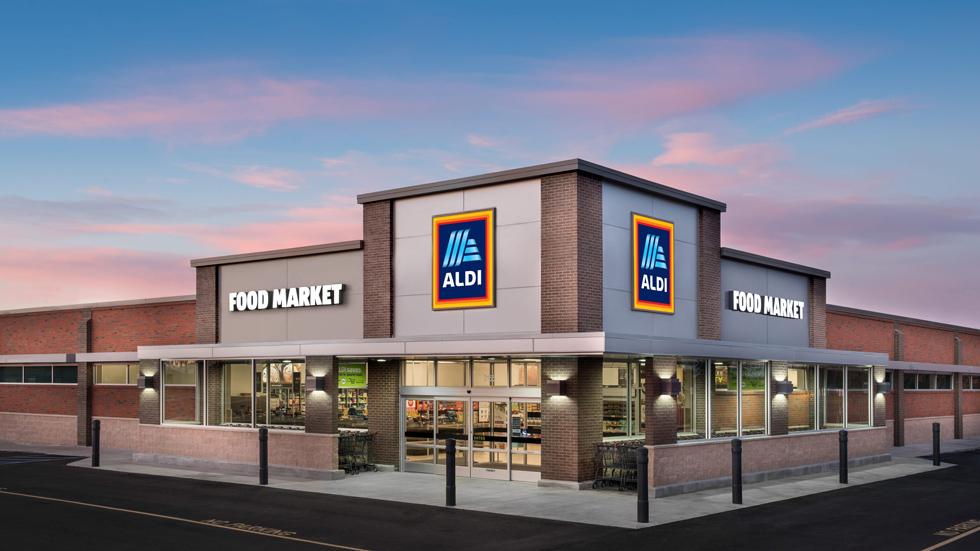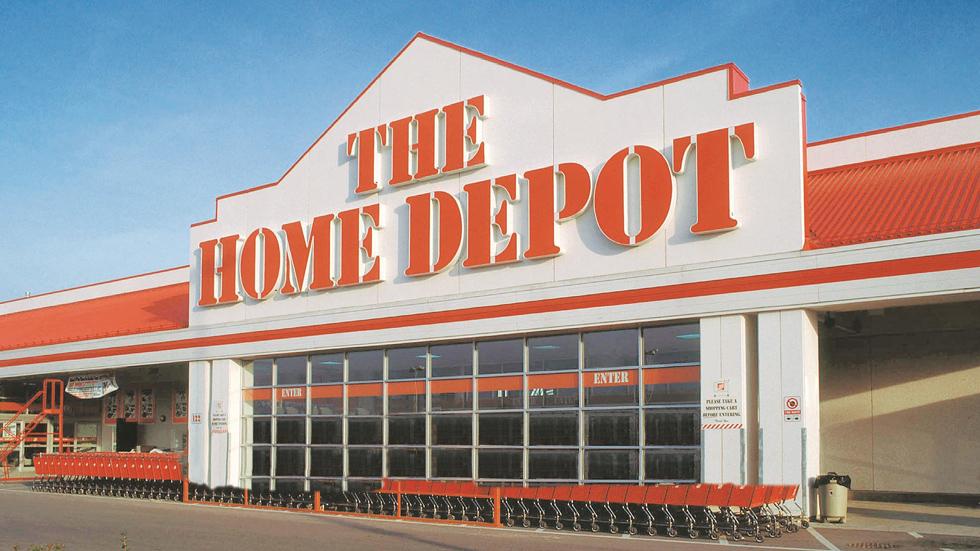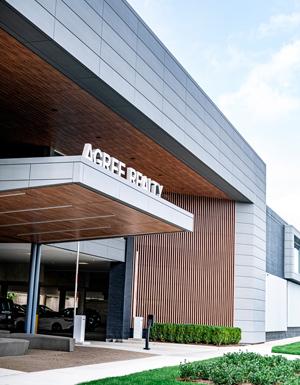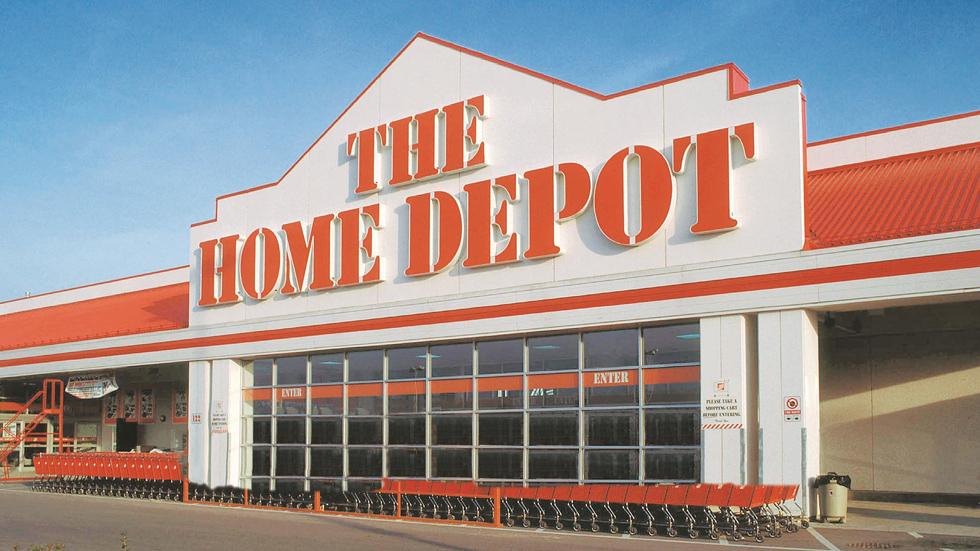
As Agree Realty Corp. (NYSE: ADC) marks 30 years since its initial public offering, President and CEO Joey Agree says discipline and consistency of execution have been cornerstones of the net lease REIT’s success. Those attributes position Agree Realty for future growth, as it continues to focus on the mission-critical physical stores of some of the strongest and best-positioned retailers in the country.
Agree says foundational discipline has been part of the company’s core since its 1994 IPO. He points to discipline in terms of balance sheet management as well as deploying investment capital into retail industry leaders. “We combined that with a forward-looking perspective on both retail, capital market activities, and how we manage the business from systems and processes to people internally,” he says.
Agree was named CEO in 2013, after serving as president and COO since 2009. He took over as CEO from his father, Richard Agree, who established Agree Development Co., which became Agree Realty Corp. in 1971.
“My father was a Kmart developer, the largest retailer in the world at the time, and he went up and down I-75 developing Kmart-anchored community shopping centers throughout the Midwest down to Florida,” Agree says.
Over the course of the next 23 years, the company developed more than 40 community shopping centers across the Midwest and Southeast regions of the United States with this same strategy in mind.
Focus on Free-Standing
In 1994, Agree Realty launched its operations as a publicly traded REIT, with an IPO offering of 2.5 million shares that raised around $50 million. Agree notes that at the time, the net lease sector had not yet become an institutional asset class.
As the company went public, its focus shifted to better align with the growing market interest in free-standing developments, Agree says. That shift started with Agree Realty’s involvement with the Borders bookstore chain. Agree notes that his father and the team developed Borders-fronted retail development throughout the country, including its flagship store on the University of Michigan’s campus in Ann Arbor.
Approximately a decade later came the advent of the suburban pharmacy as we know it today and Agree Realty’s development of more than 40 freestanding Walgreens with drive-throughs in six states.
In 2010, Agree led the launch of what the REIT characterizes internally as ADC 2.0—the inception of its acquisition platform. At the time, it had 70 properties in 16 states with 75% of the company’s portfolio comprised of Kmart, Borders, and Walgreens.
“We launched ADC 2.0 with a focus on what we call e-commerce-resistant and recession-resistant retailers,” Agree says. “As we moved into an omnichannel world, we can now see how brick and mortar is a critical component, along with e-commerce, in route to a true omnichannel retail future.”
While Borders went on to declare bankruptcy in 2011, Agree Realty was already marketing the closed stores it owned for potential re-tenanting or disposition.
Strategic Evolution
Today, Agree Realty owns and manages a portfolio of 2,161 properties across 49 states, encompassing 45 million square feet of leasable space.
“We have three platforms—acquisitions, development, and what we call our developer-funding platform, which is somewhat of a hybrid of the two,” Agree says. “All three focus on the top 30-35 retailers, ‘our sandbox’ as we refer to it, in the continental U.S.”
Agree Realty’s portfolio is approximately 69% investment grade properties, with 11.5% of the portfolio comprised of ground leases. Walmart is the company’s largest tenant as of May, followed by Tractor Supply, TJX Companies, CVS, Dollar General, Lowes, and Home Depot.

Agree says the REIT has a top-down perspective that identifies industry leaders in nondiscretionary sectors. “We don’t do luxury and stay away from experiential or entertainment uses—paired with a bottom’s up approach focusing on a real estate analysis: rent per square foot, store-level performance, submarket analysis, and demographic trends are among our focus,” he adds. “We call it a fungible rectangle. Those are boxes that we feel are highly marketable and there will be a demand for those buildings upon releasing them.”
While Agree Realty was heavily concentrated in Michigan at the launch of ADC 2.0 in 2010, 14 years later the company is much more geographically dispersed, with Texas representing the largest market share at 7%, Florida at 6%, followed by North Carolina, Illinois, and Ohio.
“We entered Alaska last year, which was state 49; the portfolio is highly diverse in terms of geography,” Agree says. The portfolio is diverse in other important facets too. “The only tenant today over 5% is Walmart and the only sector over 9% is grocery, where we are focused on the industry leaders.”

Aggregation Strategy
When it comes to transactions that have put Agree Realty on the map, Agree notes it is really more a story about aggregation.
“We have been typically aggregating 350-400 properties at average price points of $4 million over the last couple of years,” he says. “We have done notable sales/lease backs with industry leaders but nothing that exceeds $150 million. We’ve been investing across the country at this price-point range, but it’s a large and fragmented opportunity set.”
Since 2018 alone, Agree Realty has reviewed nearly $82 billion of opportunities and acquired approximately $7 billion worth of assets.
“What’s unique about our business is that there is no single deal or transaction that is notable,” Agree says. “That’s the nature of the net lease space. We have the opportunity to continue to aggregate properties on a one-off or small portfolio basis. And, if you look at the overall retail landscape today and you name the top retailers in the country—Target, Costco, Walmart, Home Depot, Aldi, Tractor Supply, Chic-Fil-A, McDonalds, what we see materializing is that the free-standing format is the preferred format."
With a fortress balance sheet and robust portfolio, the biggest challenge the REIT faces today is the volatility in interest rates.
“Without stability and visibility, it’s very difficult in a marketplace for buyers and sellers to agree on where assets should clear,” Agree says. “We are focused on leveraging our relationships with top landlords and the largest retailers in the country. We manage, lease, administrate, and oversee all of our assets in-house, providing a unique value proposition to be a true partner to the country’s largest retailers.”
Rock Solid Core
During the depths of the pandemic, Agree Realty raised approximately $550 million of equity. Agree says that the period underscored the REIT’s view that the retailers with the biggest balance sheet that could invest in fulfillment and e-commerce, and operate in a price-transparent world, would thrive. “And that’s what we’ve seen today.”

“COVID obviously brought about surge sales in odd categories, such as pets, outdoor apparel and equipment due to lifestyle changes, but what we see today is a return almost back to normal. The bigger retailers are getting bigger and they have the pricing power and the ability to test and invest in fulfillment strategies,” Agree says.
Overall, the pandemic reaffirmed Agree Realty’s strategy to stay away from secondary players, private equity-backed retailers, and experiential entertainment uses. “Discipline was once again reinforced,” Agree says.
More recently, in the first quarter of 2024, Agree Realty invested approximately $140 million on 50 retail net lease properties and commenced four development projects for total committed capital of approximately $18 million.
The total acquisition volume for the first quarter was nearly $123.5 million and included 31 properties in 22 states, net leased to leading retailers. The properties were acquired at a weighted-average capitalization rate of 7.7% and had a weighted-average remaining lease term of approximately 8.2 years.
Agree Realty expects acquisition volume for the entire year to be approximately $600 million. “We are prepared for 2024—whatever it brings,” Agree says. “This company can thrive in any environment. Its core is rock solid, and its team is focused on getting better each and every day.”
BMO analyst Eric Borden says Agree Realty has a solid strategy of driving earnings growth through the acquisition of high-quality credit tenants and he does not foresee the REIT diverting from the current business model of owning assets leased to ecommerce resistant tenants. “It has a unique niche in the sector and checks a lot of boxes. We think investors are drawn to its defensive portfolio, low leverage balance sheet, and above-peer average earnings growth in 2024.”
Room to Grow
Agree believes that one of the company’s top selling points is its consistency of execution.
“First and foremost, we do what we say we are going to do,” Agree says. He also highlights the REIT’s foresight. “We were the first net lease REIT to issue forward equity. We’ve been at the forefront of capital markets activity and thought leadership. We’re attuned to today’s consumer. Ours is a strategy that is well thought through and we maintain discipline to that strategy.”
That approach will continue in the years ahead as the REIT continues investing in what has already brought success. For instance, Agree Realty has invested significant time, energy, and capital into its proprietary acquisitions and portfolio management database known as ARC, which Agree feels is the leading technological solution in the space.
“We have used Lean-based methodology to streamline processes and eliminate waste,” he says. “We’ve also invested heavily in our team and culture and in our headquarters. This is a company that can clearly double or triple in size given the right capital markets background. The landscape for us is ripe,” Agree says.
